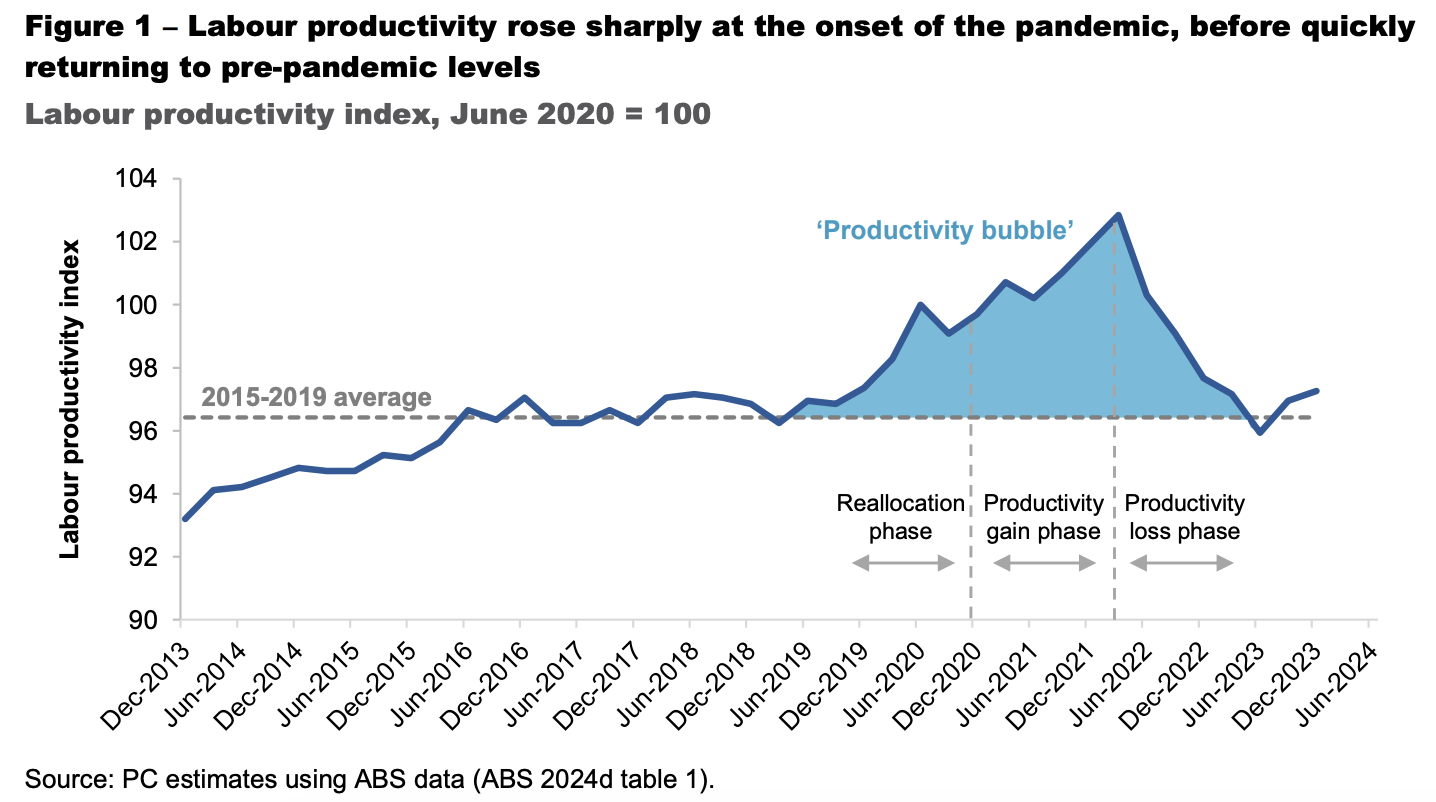
'If you are doing that really well, a lot of those productivity issues disappear,' expert says

The drive to lift Australia's flagging productivity may be leading to high burnout rates among employees, a business expert from the University of Queensland has warned.
Dr Stefan Jooss from UQ’s Business School said while productivity issues need to be addressed to meet future needs such as AI development, energy transition and housing, this needs to be balanced with employee wellbeing.
“Maximising productivity remains a clear priority for many organisations in 2025, driven by economic pressures and advances in AI,” Jooss said in a statement.
“This focus needs to be balanced cautiously with sustainable performance and employee well-being.”
Visiting academic organisational psychologist Professor Rob Briner, from Queen Mary University of London, believes to help address the productivity problem, HR departments need to be more evidence-based.
The senior made the call as he stressed the importance of providing HR departments with the resources they need to support workers.
"The key thing is, HR departments need to be more evidence-based – they need to understand the specific issues around productivity, what is inhibiting it," Briner said as quoted in an article for the university.
According to Briner, employee behaviour is determined by the way they are managed, including how jobs and roles are designed, training and recruiting the right people.
"What I never hear in this discussion is, 'What about the quality of the way we manage people?'" he said. "If you are doing that really well, a lot of those productivity issues disappear."
Briner made his remarks during a visit to the University of Queensland, where he will be involved in a series of seminars with its business school.
His call follows findings from the latest Productivity Commission's report that attributed Australia's productivity slump to capital stock not keeping up with long working hours.

Capital stock refers to machines, equipment, and other durable goods that are used as inputs in production.
"Capital matters for productivity because more capital means workers can produce more goods and services," the PC report read.
The capital-to-labour ratio has been a key driver of increases in labour productivity over the past 25 years, according to the report.
"Less capital available for workers tends to diminish productivity," it read.
Innes Willox, chief executive of the Ai Group, said the lack of ongoing business investment comes amid low confidence in the economic conditions or settings.
"With the economy at its lowest ebb since the recession of the early 1990s, outside of the COVID years, businesses have not been confident enough in our economic conditions or settings to invest at anywhere near the level we should expect," Willox said in a statement.
"If you don't invest in enough equipment, technology, and skills to match your business activity, then productivity will logically suffer. The burgeoning trade war is adding yet more uncertainty to the outlook, making the prospect of productivity recovery in the coming year even less likely."
The Ai Group chief also pointed to recent workplace relations reforms, as well as an "uncompetitive taxation system."
"Each of these issues impacting business competitiveness act as a millstone discouraging productivity and investment," he said.